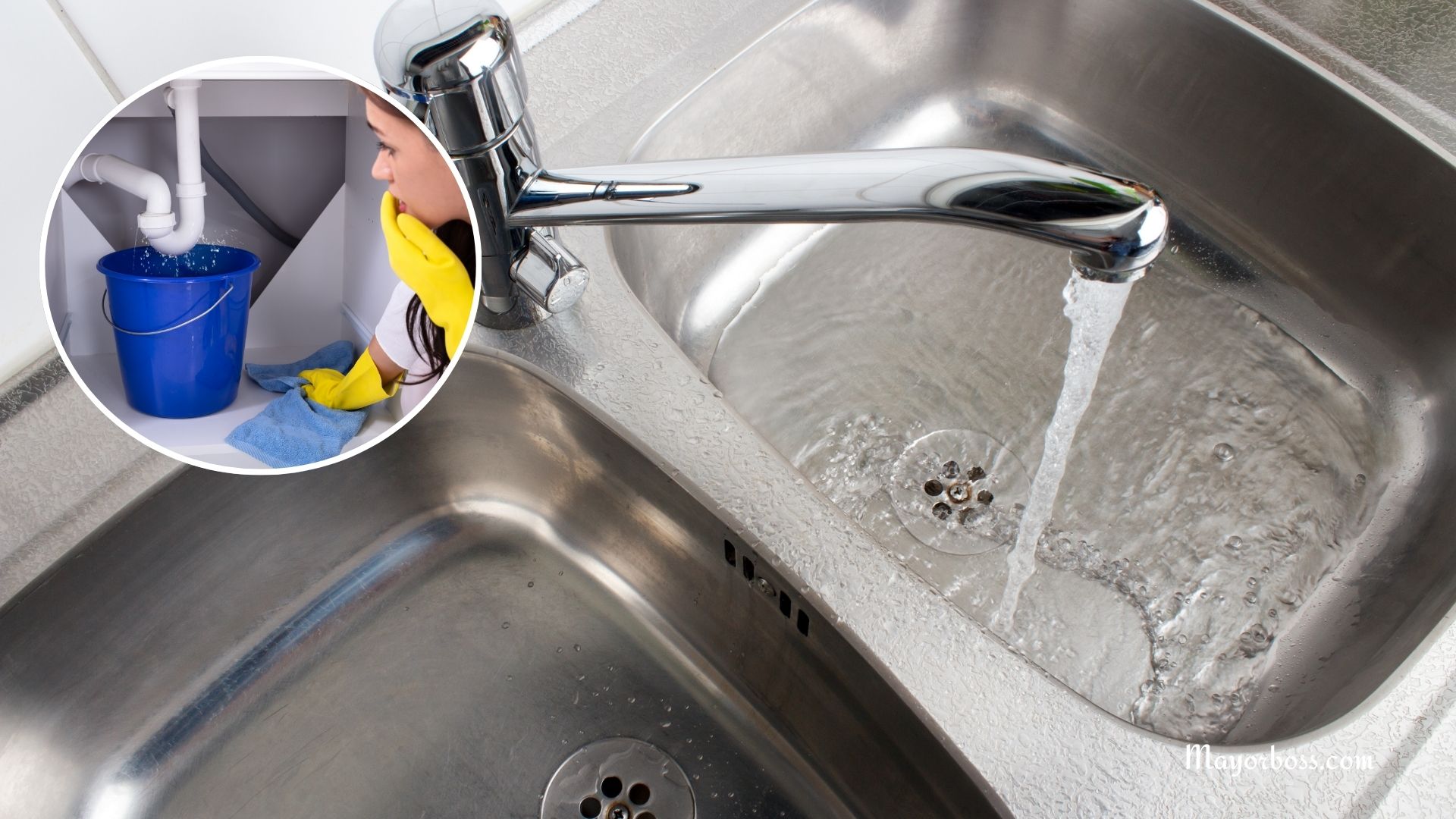Goodbye to Blocked Pipes: A Plumber’s Tip for Unblocking Them in No Time
Blocked pipes are one of the most common plumbing issues in homes. Whether it’s a slow-draining sink or a completely clogged toilet, a blocked pipe can be frustrating and inconvenient. If left untreated, it can also lead to leaks, water damage, and costly repairs. Thankfully, you don’t always need expensive tools or chemicals to fix the problem. With the right technique, you can clear most blockages quickly and safely.

What Causes Pipes to Get Blocked?
Before discussing how to fix a clogged pipe, it’s important to understand what usually causes the problem. The most common reasons include:
- Hair buildup: This often clogs bathroom drains, especially in showers and bathtubs.
- Grease and food waste: Kitchen sinks are frequently blocked due to oil, fat, and leftover food going down the drain.
- Soap scum: Soap can harden over time, especially when mixed with minerals in hard water.
- Foreign objects: Toys, wipes, paper towels, and other items can cause serious clogs in toilets and drains.
- Mineral buildup: In areas with hard water, minerals can collect inside the pipes, narrowing them and slowing water flow.
A Plumber’s Go-To Tip: Use Hot Water and Dish Soap
Professional plumbers often turn to a simple yet effective method before using more complex tools. It involves using two common household items: hot water and dish soap.
Here’s how it works:
- Boil water.
Heat a large pot of water until it reaches a near-boiling temperature. Do not use fully boiling water if your pipes are PVC, as extreme heat may damage them. - Add dish soap.
Pour half a cup of liquid dish soap directly into the drain. The soap helps break down grease, loosen debris, and coat the inside of the pipe to help things slide through more easily. - Slowly pour in the hot water.
Wait five minutes after adding the soap, then slowly pour the hot water into the drain. Start with a small amount at first to allow it to pass through the blockage. Follow with the rest of the water steadily. - Wait and observe.
Give it another five to ten minutes. In many cases, the blockage will dissolve or break apart enough for the water to drain normally.
This method is especially helpful for grease-based clogs in kitchen sinks. It is safe, inexpensive, and takes just a few minutes.
What If That Doesn’t Work?
If the dish soap and hot water method doesn’t clear the blockage, there are a few more steps you can try:
Use a plunger
A plunger isn’t just for toilets. It can work well on sinks and tubs, too. Use a cup-style plunger for sinks. Make sure there’s enough water to cover the rubber part. Create a tight seal, then plunge up and down several times.
Try a drain snake
A drain snake, also called a plumber’s auger, is a long, flexible tool that can reach deep into pipes. Insert the snake into the drain and turn the handle clockwise. As you push forward, it will either break through the clog or pull it out.
Use baking soda and vinegar
This is another safe, natural solution. Pour half a cup of baking soda into the drain, followed by one cup of vinegar. The mixture will bubble and fizz. Wait fifteen minutes, then rinse with hot water. This can help break down light buildup.
When to Call a Plumber
While many clogs can be cleared at home, some problems need professional attention. Contact a plumber if:
- Water backs up into multiple drains.
- You hear gurgling noises after flushing or draining.
- Water pressure suddenly drops.
- You smell foul odors coming from the pipes.
- None of the DIY methods work.
These signs may point to a deeper issue, such as a blocked main sewer line or damaged pipes underground.
Tips to Prevent Future Clogs
Prevention is often easier than dealing with a clog. Follow these steps to reduce the risk:
- Use drain covers to catch hair and debris.
- Avoid pouring grease or oil down the sink.
- Flush only toilet paper in toilets. Wipes and other materials don’t dissolve easily.
- Run hot water down the kitchen sink after each use to help clear out grease and soap.
- Clean your drains regularly using baking soda and vinegar once a month.
Final Thoughts
Blocked pipes don’t always require a plumber or harsh chemicals. In many cases, hot water and dish soap can do the trick quickly and safely. It’s a simple technique that professionals trust, and it’s worth trying before moving on to more advanced methods.
With a little patience and the right approach, you can keep your pipes clear and avoid unnecessary stress.
